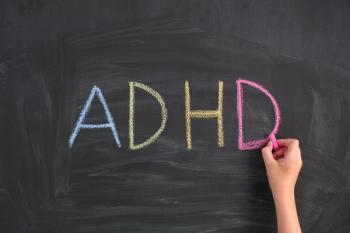
Exercise during pregnancy benefits the fetus, too
Exercising mothers not only reward their own health without harming their fetus, but also impart health benefits to the developing baby, according to researchers presenting at the 121st Annual Meeting of the American Physiological Society.
Exercising mothers not only reward their own health without harming their fetus, but also impart health benefits to the developing baby, according to researchers presenting at the 121st Annual Meeting of the American Physiological Society.
Investigators categorized 10 pregnant women as either exercisers or controls, depending on the frequency, intensity, and length of physical activity they engaged in. The research team also conducted fetal magnetocardiography in the second and third trimesters of pregnancy and in the postnatal period to obtain data on fetal state and to monitor heart rate accelerations.
There were significantly lower heart rates in fetuses exposed to maternal exercise than in fetuses not exposed to exercise. Fetal heart rates differed significantly at each stage of gestation; short- and long-term heart variability analyses at 28, 32, and 36 weeks of gestation between the exercise and non-exercise groups were statistically different at 32 weeks.
The investigators plan to continue their research by including more pregnant women, they stated.
Newsletter
Access practical, evidence-based guidance to support better care for our youngest patients. Join our email list for the latest clinical updates.






